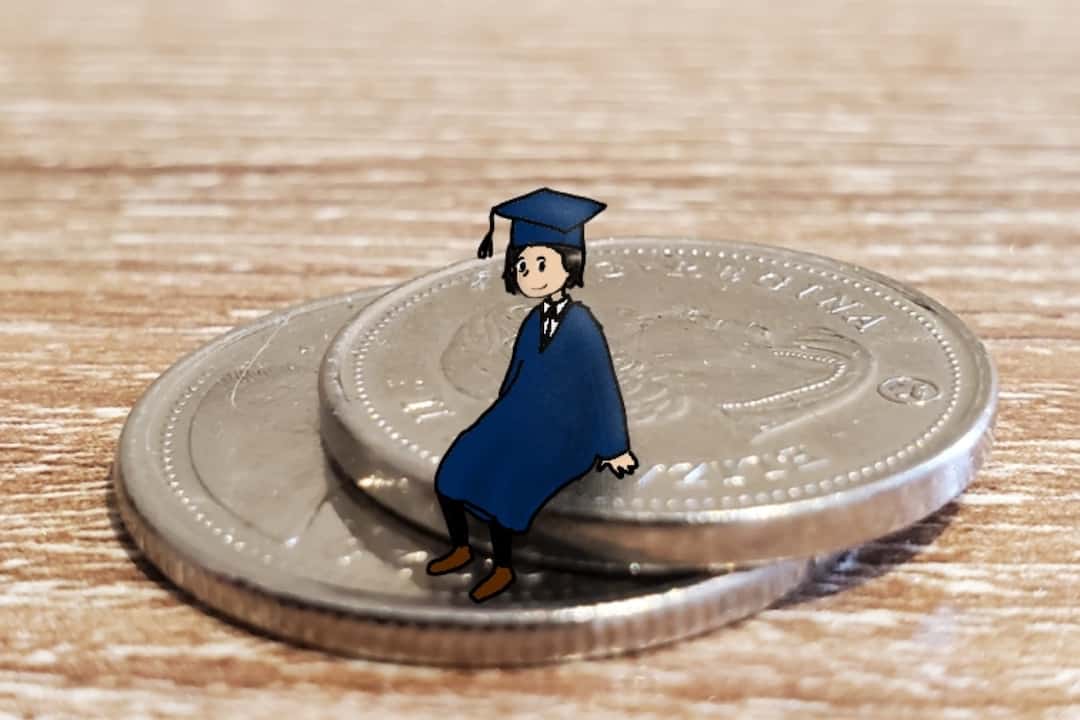On November 3, Canada’s Finance Minister and Deputy Prime Minister Chrystia Freeland unveiled the Liberal Government’s 2022 Fall Economic Statement. The multi-billion dollar plan, which includes targeted spending on services to assist those most affected by the economic slowdown, contains a proposal to permanently eliminate interest on federal student loans.
The proposal
In March 2020, during the height of the COVID-19 pandemic, the federal government announced a moratorium on student loan repayments that temporarily eliminated interest for the federal portion of both Canada Student Loans and Canada Apprentice Loans. With this policy, the federal government intended to ease the financial burden on students during the pandemic. With the moratorium set to expire on March 31, 2023, the federal government has moved to eliminate interest payments permanently.
On November 3, Freeland sponsored the Fall Economic Statement Implementation Act, 2022. The bill passed its first reading in the House of Commons and is currently in its second reading. If passed, the act would eliminate interest on all Canada Student Loans and Canada Apprentice Loans currently being repaid and those that will be repaid in the future starting on April 1, 2023. According to the Fall Economic Statement, the policy would save an average of $410 per year for students who take out loans and cost the government $2.7 billion over five years. The government also estimates that most beneficiaries of the proposal will be Canada Student Loan borrowers.
The proposal would apply only to the federal portion of student loans and not the portion provided by the provincial or territorial government. As such, Ontario Student Assistance Program (OSAP) loans will continue to accrue interest starting during the six-month grace period after a student leaves full-time studies.
Students’ reactions
The Varsity spoke to multiple U of T students, who generally agreed that eliminating interest on student loans would increase education affordability.
“I think it’ll definitely benefit us in the long run,” said Marko Tolj, a chemical engineering student at U of T. “I think it’s a step in the right direction.”
Another U of T student, Pearly Anne Ellarde, added that the government should provide more options for grants or scholarships so that students don’t have to worry about paying back their loans.
Krish Patel, a life sciences student at U of T, said that the elimination of student loan interest would allow him to explore more post-secondary options.
“It is very helpful in terms of paying everything back. It relieves a lot of stress,” he said.
In an email to The Varsity, University of Toronto Students’ Union (UTSU) President Omar Gharbiyeh said that the UTSU welcomed the federal government’s push to eliminate interest on federal student loans, noting that the proposal is an “important step forward toward” in increasing accessibility of post-secondary education.
“In a just and equitable society, financial barriers should never be a reason for a student not to have access to post-secondary education, and we hope that the federal and provincial governments will continue to implement various policies to ensure that this is so,” Gharbiyeh wrote.
However, Gharbiyeh noted that the UTSU would like to see more action from the provincial government to address the affordability of post-secondary education. He called on the province to improve access to OSAP loans and provide additional support to part-time, international, and second-entry students, all of whom face barriers to accessing financial aid.
“It is important that both the federal and provincial actions provide strong policy support to students looking to access better education,” said Gharbiyeh. “We hope that the federal government will consider aggressive action to make up for provincial shortfalls in the necessary support.”


